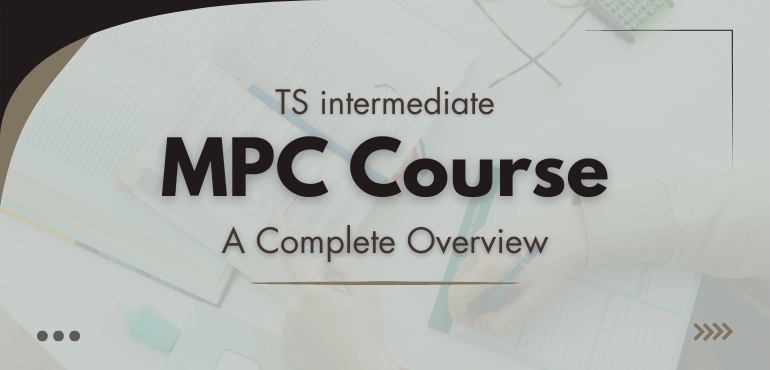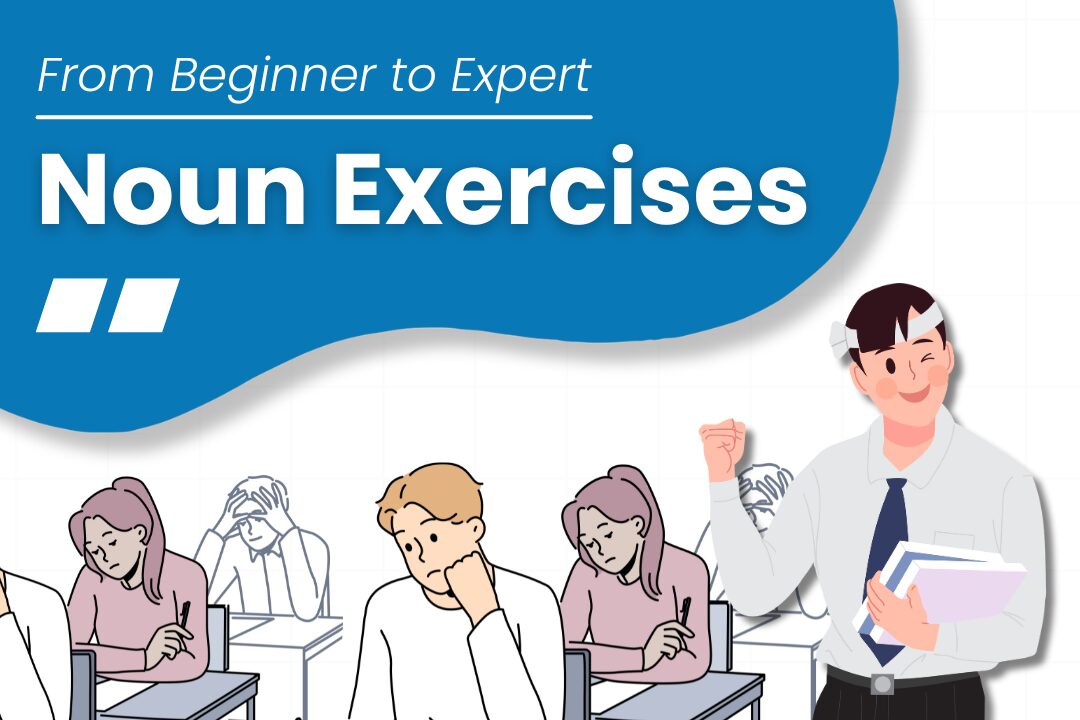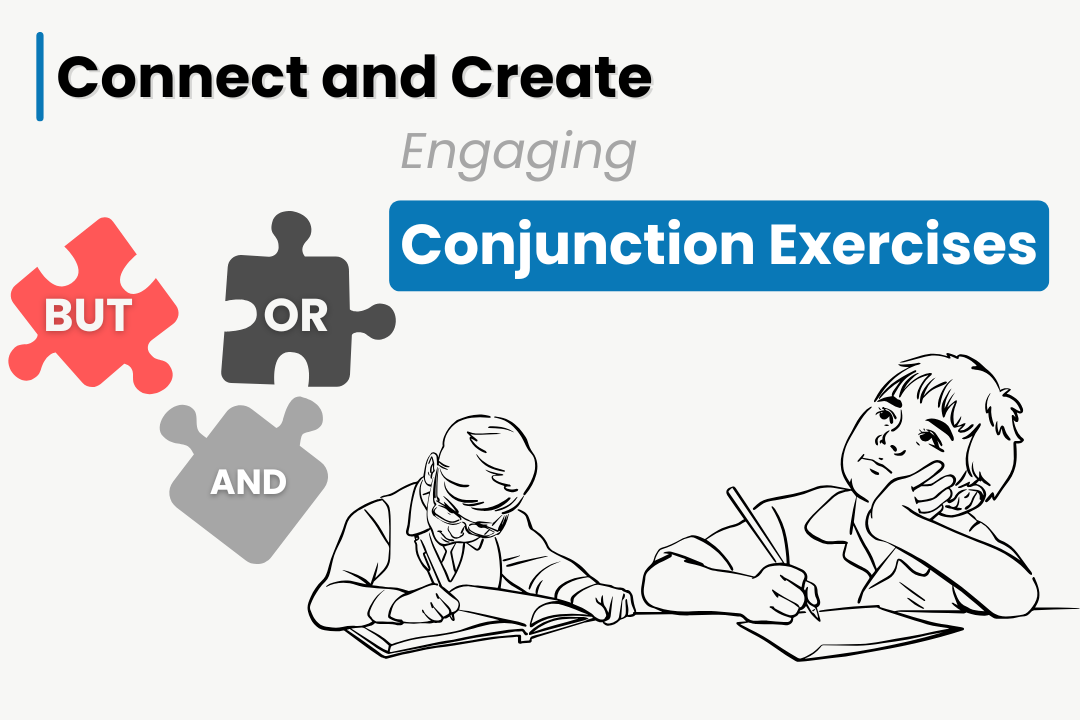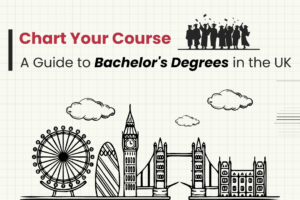
The acronym MPC which is also referred to as PCM by many students in India, stands for Mathematics, Physics, and Chemistry. This course is considered the most popular choice after the tenth standard for many Indian students because of the vast career opportunities it offers after finishing higher education. Either to pursue engineering or to excel in other science streams, MPC intermediate is a fantastic choice that opens up tons of opportunities that no other course in intermediate can offer. Besides the amazing career prospects, the other upside of this course is that MPC students can take almost any course in UG that is meant for students from other streams while the vice-versa is not possible.
Based on the interest and passion of the students, they can either pursue their higher studies in top-notch Indian institutes like IITs, NITs, etc. or they can opt to study UG abroad as there are a wealth of opportunities for Indian tech talent at every corner of the globe. Of course, engineering is not the only career option with the MPC course but is obviously the most popular one. After MPC Intermediate, Students can also pursue their passion in various science streams and get research opportunities in many universities across the world.
MPC Course Overview
MPC stands for Mathematics, Physics, Chemistry which is the most popular course in intermediate across India. Students who want to excel in various fields of science, engineering, and technology preferably opt for this course after the class tenth and study hard during the two years of intermediate for the entrance exams to pursue their favorite course in various universities across India and other parts of the world.
The best part of choosing the MPC course is that students upon successful completion can opt for popular engineering courses which were not available to the students of the other streams. But, most of the courses that are available for students from other streams can also be pursued by MPC students making it the most popular and flexible option to choose during intermediate.
Inter 1st year syllabus MPC
Many students find the syllabus of the MPC course quite overwhelming simply because the scope of the curriculum suddenly increases compared to their tenth-standard syllabus. But, by sticking to a proper study schedule anyone can quite effortlessly clear the board exams and concentrate on preparing for the exams like SAT to study at top universities abroad and JEE to study at the best Indian engineering Institutes. Let’s check out the syllabus for each of the subjects in the MPC course.
Mathematics 1A
Unit-1: Functions
Unit-2: Mathematical Induction
Unit-3: Matrices
Unit-4: Addition of Vectors
Unit-5: Product of Vectors
Unit-6: Trigonometric Ratios up to Transformations
Unit-7: Trigonometric Equations
Unit-8: Inverse Trigonometric Functions
Unit-9: Hyperbolic Functions
Unit-10: Properties of Triangles
Mathematics 1B
Unit-1: Locus
Unit-2: Transformation of Axes
Unit-3: The Straight Line – Introduction
Unit-4: Pair of Straight Lines – Introduction
Unit-5: Three-Dimensional Coordinates – Introduction
Unit-6: Direction Cosines and Direction Ratios – Introduction
Unit-7: The Plane
Unit-8: Limits and Continuity
Unit-9: Differentiation
Unit-10: Applications of Derivatives Introduction
Physics
Unit-1: Physical World
Unit-2: Units and Measurements
Unit-3: Motion in a Straight line
Unit-4: Motion in a Plane
Unit-5: Laws of Motion
Unit-6: Work Power and Energy
Unit-7: System of Particles and Rotational Motion
Unit-8: Oscillations
Unit-9: Gravitation
Unit-10: Mechanical Properties of Solids
Unit-11: Mechanical Properties of Fluids
Unit-12: Thermal Properties of Matter
Unit-13: Thermodynamics
Unit-14: Kinetic Theory
Chemistry
Unit-1: Atomic Structure
Unit-2 Classification of Elements and Periodicity in Properties
Unit-3: Chemical Bonding and Molecular Structure
Unit-4: States of Matter
Unit-5: Stoichiometry
Unit-6: Thermo Dynamics
Unit-7: Chemical Equilibrium and Acids – Bases
Unit-8: Hydrogen and its Compounds
Unit-9: s-Block Elements
Unit-10: p-Block Elements – Group 13
Unit-11: p-Block Elements – Group 14
Unit-12: Environmental Chemistry
Unit-13: Organic Chemistry – Hydrocarbon and Aromatic Hydrocarbon
Inter 2nd year MPC syllabus
The number of subjects and the pattern of examinations are going to be the same for both the first and second year of the MPC course in intermediate. With that being said, let’s check out the syllabus for each of the subjects.
Mathematics 2A
Unit-1: Complex Numbers
Unit-2: De Moivre’s Theorem
Unit-3: Quadratic Expressions
Unit-4: Theory of Equations
Unit-5: Permutations and Combinations
Unit-6: Binomial Theorem
Unit-7: Partial Fractions
Unit-8: Measure of Dispersion
Unit-9: Probability
Unit-10: Random Variables and Probability Distributions
Mathematics 2B
Unit-1: Circle
Unit-2: System of Circles
Unit-3: Parabola
Unit-4: Ellipse
Unit-5: Hyperbola
Unit-6: Integration
Unit-7: Definite Integrals
Unit-8: Differential Equation
Physics
Unit-1: Waves
Unit-2: Ray Optics And Optical Instruments
Unit-3: Wave Optics
Unit-4: Electric Charges And Fields
Unit-5: Electrostatic Potential And Capacitance
Unit-6: Current Electricity
Unit-7: Moving Charges And Magnetism
Unit-8: Magnetism And Matter
Unit-9: Electromagnetic Induction
Unit-10: Alternating Current
Unit-11: Electro-Magnetic Waves
Unit-12: Dual Nature Of Radiation And Matter
Unit-13: Atoms
Unit-14: Nuclei
Unit-15: Semiconductor Electronics: Materials, Devices, And Simple Circuits
Unit-16: Communication Systems
Chemistry
Unit-1: Solid State
Unit-2: Solutions
Unit-3: Electro Chemistry and Chemical Kinetics
Unit-4: Surface Chemistry
Unit-5: p-Block Elements
Unit-6: d & f Block Elements and Coordination Compounds
Unit-7: Biomolecules
Unit-8: Organic Chemistry
MPC Course Marks Distribution:
The exam pattern for the MPC course in intermediate is the same for both Telangana and Andhra Pradesh. Students have to attempt six exams in total for each of the two years of the intermediate course. The first language will be English and the students have a choice to choose a second language from any of the available languages like Sanskrit, Telugu, Urdu, etc. Mathematics is divided into two exams Maths- 1A and Maths 1-B, and for the second year, it will be Maths 2-A and Maths 2-B. Physics and Chemistry are the remaining two exams in the MPC course and the maximum marks will be 470 in each of the two years of MPC intermediate. Let’s look at how the marks are distributed for each subject.
| Subject | Maximum Marks | Pass Marks |
|---|---|---|
| First Language(English) | 100 | 35 |
| Second Language | 100 | 35 |
| Maths- A | 75 | 27 |
| Maths- B | 75 | 27 |
| Physics | 60 | 21 |
| Chemistry | 60 | 21 |
| Total | 470(for each year) | |
| Practical Examinations | 60 | |
| Total Marks(MPC inter) | 1000 |
How to study abroad after the MPC course in Intermediate?
For studying abroad, the MPC course is considered to be the best as it allows students to pursue in-demand engineering courses abroad. But, it’s advised to start the preparation well in advance, preferably from the first year of the intermediate to crack the entrance exams to study abroad.
Maintaining good academic scores till the class twelfth is extremely important to get admission into prestigious universities abroad. Along with that, International students should prove their academic competence and college readiness with some standardized tests like SAT, ACT, etc. Language proficiency tests like IELTS, TOEFL, etc. are important to prove English language proficiency as English is not the first language in India.
Preparing for the SAT along with intermediate is crucial to studying abroad after finishing the MPC course. Many students start preparation for the SAT at the end of the second year of intermediate and get stressed to finish the syllabus due to scarcity of time. So, it’s essential to start the preparation as early as possible to study at popular study abroad destinations like the USA, UK, etc. to build a highly promising career.
Top universities abroad for UG after MPC course
Considering you are a student who wants to pursue a career in the STEM fields after finishing the MPC course, we have compiled a list of the top three universities as per QS World University Rankings 2023 for the subjects engineering and technology for each of the four popular study abroad destinations, USA, UK, Canada, and Australia.
| Country | University | QS Ranking |
|---|---|---|
| USA | Massachusetts Institute of Technology | 1 |
| Stanford University | 2 | |
| University of California, Berkeley | 5 | |
| UK | University of Cambridge | 3 |
| University of Oxford | 4 | |
| Imperial College London | 6 | |
| Canada | University of Toronto | 27 |
| University of British Columbia | 33 | |
| University of Waterloo | 37 | |
| Australia | The University of New South Wales | 49 |
| The University of Melbourne | 50 | |
| Monash University | 70 |
Stats Credit: Top Universities (QS World University Rankings)
Benefits of taking an MPC course
- MPC students can change stream to arts and commerce while vice-versa is not possible.
- Entry into the top engineering colleges is possible only for MPC students.
- Salaries after higher education with MPC courses are highly rewarding.
- Higher education after the MPC course is financially feasible.
- It’s by far the best course to study and settle abroad.
Conclusion
It’s quite natural for students to get confused about which course to take after the tenth standard because of the overabundance of choices. If you as a student have an interest in taking up an MPC course, you must ask yourself if you are passionate about things around the field of science and technology. If a big yes comes from your heart, you shouldn’t hesitate to choose Intermediate MPC as there are some amazing MPC courses after 12th that offer tons of career opportunities right after graduation. You must check out the MPC jobs list and salary to further fuel your excitement to choose the MPC course which is a fantastic choice especially if you want to move abroad for your undergraduate studies. But for that, you need to start your preparation while you are studying in the intermediate so that you will be equipped with everything that is needed to clear the standardized test to study abroad.
FAQs
Yes, MPC students are eligible for CA for which they need to clear the CA foundation or CPT exam. The success rate for MPC students finishing CA is also quite impressive. So, it’s definitely a wise decision to choose the MPC course for CA aspirants.
It depends on the trend. For example, A few years back, blockchain technology used to trend a lot. In 2023 things like Artificial Intelligence are trending so you can expect greater salaries in areas like Machine learning. So, browse on the internet and find out which specialization offers greater salaries, and then upskill yourself to bag high-paying jobs.
There can be no definite answer as this question is quite subjective. It depends on the interests of the student. If you are someone who enjoys math right from childhood, Mathematics can seem an easy subject for you. Likewise, chemistry and Physics also seem easy for some students if they have a deep passion for the topics around those subjects.
35% is the pass percentage for any subject in MPC intermediate. So, for English and Sanskrit, the passing marks are 35, for Maths, it’s 27 marks, and for Physics and Chemistry, it is 21.
Yes! After the MPC Course in intermediate, students can make a transition to the arts stream if they want to and the process is very simple. You just need to apply for the arts course you want to join just like the students who took arts group in their intermediate.








